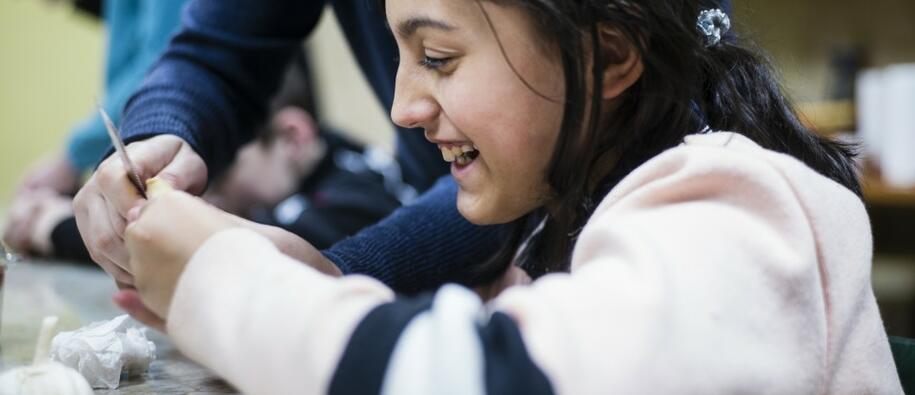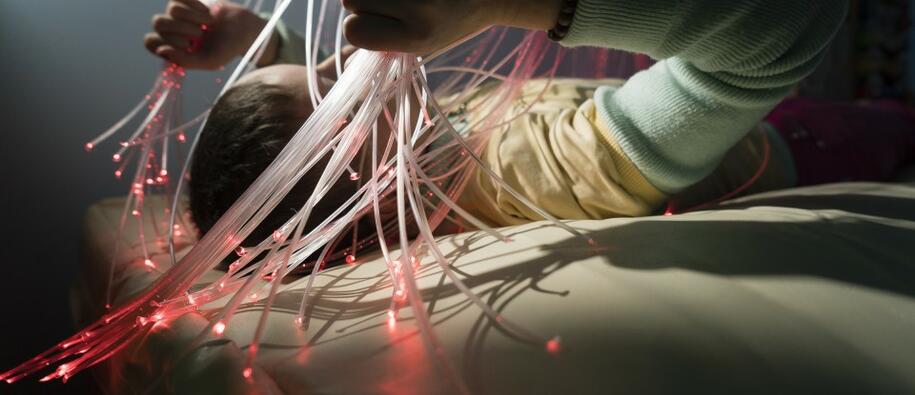Currently available funding
There are currently no calls for proposal.
Programme Summary
Why we support children and youth at risk and social inclusion in Romania Romania is one of the poorest countries in the EU and faces considerable challenges in tackling growing poverty and social disparities. Children and youth are particularity vulnerable and are often the most affected by cuts in spending. One in two children and youth in Romania are living at risk of poverty. This risk increases as the level of education diminishes. The provision of education is a key challenge in Romania, with the state-funded system facing financial problems in times of economic crisis. Roma children face additional barriers to accessing education as they often live in deprived communities, with poverty levels far higher than the national average. The programme addresses the specific needs of some 7 000 disadvantaged children and youth in Romania, out of which at least 40% are Roma. The efforts are partly concentrated on poorer regions of Romania with large Roma populations and will contribute significantly to promoting Roma inclusion. Additionally, the programme promotes social inclusion and strengthens anti-discrimination policies on national, regional and local levels for all disadvantaged groups.What the key priorities are and what we will achieve • Improving access of children and youth to formal and non-formal education in areas with significant Roma populations by establishing at least 35 educational and day care centres • Support services for 8 000 parents and tutors of children and young people (including 37.5% Roma) • Training for 300 staff to acquire new knowledge and specific skills in the provision of services to children and youth from vulnerable groups • Improvement of child welfare systems and child protection measures, including foster care • Development of action plans and strategies to address discrimination and social inclusion through cooperation between local and regional stakeholders, including civil society • The National Council for Combating Discrimination and the Council of Europe will contribute to the development of a national strategy to prevent and combat discrimination for the period 2014-2020 Who will benefit Both non-Roma and Roma children and youth at risk as well as their parents and tutors and personnel and volunteers working with these issues will benefit from the programme activities. Local, regional and national public entities and NGOs are also expected to benefit. At least 20% of the amount shall target the improvement of the situation of the Roma population.How will bilateral relations be strengthened and what are the partnership opportunities The social inclusion of vulnerable groups, including Roma, is an area of joint interest and priority for Romania and the donor states. The Council of Europe is involved as a partner contributing with its long standing experience and expertise in these areas. There will be possibilities for project partnerships between Romanian and donor state entities contributing to dialogue and cooperation in tackling the challenges of inclusion of vulnerable groups.

